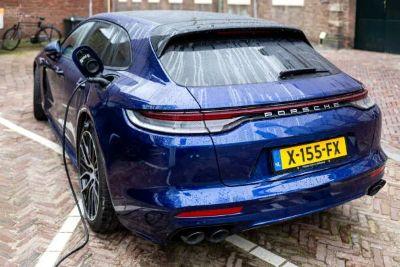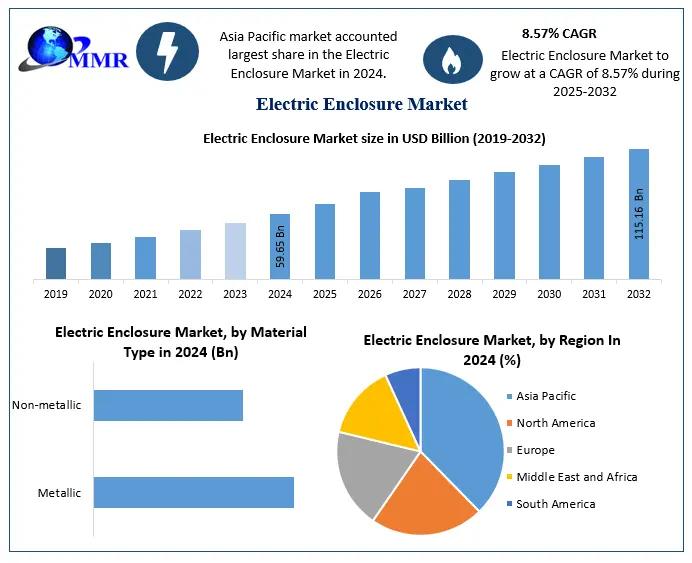Sponsor
Can You Charge an EV in the Rain? Understanding Waterproof EV Chargers

Introduction
Topper, a Professional EV Charger Manufacturer in China, Delivers Dependable Electric Vehicle Charging Equipment and Comprehensive Charging Solutions.
Electric vehicles (EVs) are no longer a futuristic concept—they're a rapidly growing presence on today’s roads. As more people shift to cleaner, more sustainable transportation, questions about EV ownership arise—especially regarding safety. One of the most common concerns: “Can I safely charge my electric car in the rain?”
It’s a valid question. Mixing electricity and water raises understandable safety concerns. Fortunately, modern EV chargers are engineered with waterproof designs and rigorous safety standards, making outdoor charging both safe and convenient.
In this article, we’ll explain how waterproof EV chargers work, what IP ratings like IP65 and IP67 mean, the importance of installation, and how leading manufacturers like Topper ensure year-round reliability for home and commercial charging.
Why Home EV Charging Is Essential
Charging at home offers more than convenience—it provides energy cost savings, greater flexibility, and peace of mind. Residential charging, especially overnight during off-peak hours, is often cheaper than using public stations.
Topper’s weather-resistant home EV chargers are designed for easy outdoor use. With tamper-proof, waterproof housings, they let you plug in right from your driveway—rain or shine—ensuring your EV is always ready for the day ahead.
Can You Charge an EV in the Rain?
Yes. Charging your EV in the rain is completely safe—provided you’re using certified equipment that meets modern safety and waterproofing standards.
EV chargers are built to withstand outdoor conditions, including rain, snow, dust, and heat. Internal safety systems ensure that no power flows until a secure connection is made between your EV and the charger. There’s no risk of electrocution or short circuits when using a properly rated and installed EV charger.
What Are IP Ratings and Why Do They Matter?
Ingress Protection (IP) ratings indicate a device’s resistance to dust and water. Here’s what to look for:
-
IP65 – Dust-tight and protected against low-pressure water jets. Ideal for general outdoor use.
-
IP66 – Offers stronger water-jet protection; excellent for harsh environments.
-
IP67 – Withstands immersion in water up to 1 meter for 30 minutes; suited for flood-prone or coastal areas.
An IP65 or higher rating ensures your charger can reliably operate year-round in most climates.
Built-In Safety Features for Outdoor Charging
Top-quality outdoor EV chargers are engineered with multiple layers of protection:
-
Sealed connectors: Rubberized gaskets prevent moisture from entering charging ports.
-
Weatherproof enclosures: UV- and impact-resistant shells shield electronics from rain, debris, and extreme temperatures.
-
Smart charging protocols: Power flow begins only after a secure connection is verified.
-
Leakage protection: Built-in RCDs (Residual Current Devices) cut power during fault events.
-
Temperature sensors: Detect and pause charging in case of overheating.
Installation Matters—Even with Waterproof Chargers
Waterproof chargers are safe in the rain, but thoughtful installation improves both safety and durability. Avoid low-lying areas where water might pool. Consider these best practices:
-
Wall-mounted under a canopy or eave for added protection
-
Pedestal-mounted units with proper drainage for freestanding setups
-
Slight elevation above ground level to prevent splashback and cable contamination
Proper placement extends the lifespan of your equipment and ensures efficient operation.
How Waterproof EV Chargers Are Tested
Before reaching the market, waterproof chargers undergo extensive testing to verify their durability in all weather conditions:
-
Water ingress tests using multi-angle high-pressure sprays
-
Submersion testing (for IP67 units) to check seal integrity
-
Dust resistance trials in particulate-filled chambers
-
UV exposure to simulate sun damage
-
Impact testing to ensure housing strength in high-traffic areas
Only chargers that meet stringent safety certifications (UL, CE, TUV) are approved for sale and installation.
Weatherproof vs. Waterproof: Know the Difference
-
Weatherproof chargers resist everyday outdoor exposure but may not survive immersion.
-
Waterproof chargers are sealed tightly enough to prevent water ingress during flooding or submersion.
For most homeowners, an IP65+ weatherproof charger is sufficient. However, those in flood-prone or extreme-weather regions should consider investing in IP67-rated waterproof models.
Smart Features That Enhance Safety
Modern chargers go beyond rugged construction—they include intelligent features to boost safety and user control:
-
Real-time status updates (charging complete, interrupted, fault alerts)
-
Remote start/stop via mobile app
-
Energy usage monitoring
-
Short-circuit and overload protection notifications
These features offer added reassurance, especially during storms or harsh weather.
Topper’s Commitment to Safe Outdoor Charging
At Topper, we design our EV chargers with safety, durability, and performance in mind. Our models are tested under extreme environmental conditions and certified to international standards, including IP67 waterproofing for full peace of mind.
From guided installation support to dependable smart technology, Topper chargers are built to handle all seasons—ensuring sustainable charging that never skips a beat, even in the rain.
Conclusion: Charge Confidently, Rain or Shine
Waterproof EV chargers have become essential infrastructure for today’s electric mobility. Thanks to advances in design, safety testing, and smart features, charging in wet weather is no longer a risk—it’s a standard convenience.
By understanding IP ratings, selecting certified equipment, and installing chargers in safe locations, EV owners can confidently charge in any conditions.
With trusted brands like Topper delivering cutting-edge, weather-resistant solutions, sustainable driving has never been more seamless—or secure.Know more about Google SEO Directory
Categorieën
Read More
Elacestrant, a selective estrogen receptor degrader (SERD), is rapidly emerging as a promising treatment option in the oncology market, particularly for hormone receptor-positive (HR+), HER2-negative breast cancer. As a targeted therapy, Elacestrant works by binding to estrogen receptors and promoting their degradation, which helps inhibit cancer cell growth. This article...

Electric Enclosure Market Overviews Maximize Market Research is an Electric Enclosure research firm that has published a detailed analysis of the “Electric Enclosure Market”. The report includes pricing analysis, demand analysis, business insights, market trends, competitive landscape, and growth opportunities. The base year of the Electric...



